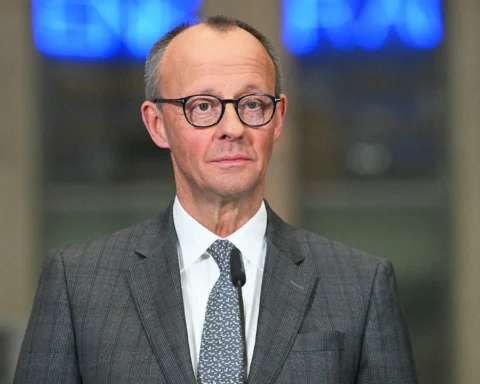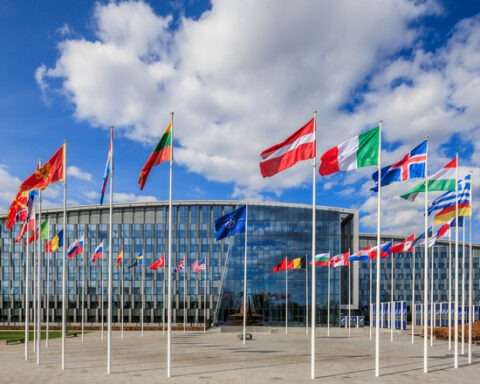The proposed €1.1 million from the European Globalisation Adjustment Fund (EGF) will help those people to find new jobs through guidance and vocational orientation, trainings to develop or acquire new skills, and support for starting up their own business.
Commissioner for Jobs and Social Rights, Nicolas Schmit, said: “The EGF is a clear sign of EU solidarity with workers and self-employed who face job losses due to major structural changes. The €1.1 million of financial support from the EGF proposed today will help close to 500 former workers of GMH Guss in Germany to find a way back into employment through mentoring and retraining.”
GMH Guss and its subsidiaries are suppliers to the automotive and shipbuilding industry. After clients of the company relocated their production to non-EU countries in Eastern Europe and Asia, Germany applied for EGF support to workers dismissed in four subsidiaries of GMH Guss. The EGF assistance will extend the duration of some of the individual active labour market measures and complement standard measures provided by the public employment services with personalised support.
The measures co-financed by the EGF range from job search assistance, guidance counselling and vocational orientation, to acquiring additional skills and advice on starting up an own business. Mentoring after reemployment and a training allowance are also part of the support package.
The total estimated cost of the measures is €1.8 million, of which the EGF will provide €1.1 million. The remaining amount will be financed by the German authorities.
The Commission’s proposal will need to be approved by the European Parliament and the Council.
Background
GMH Guss was operating in a business environment marked by an increasing globalisation in the sectors of its main customers (EU shipbuilders and car producers). Its main client decided to relocate parts of its supply chain outside the EU. As a result, the four GMH Guss subsidiaries closed down entirely or partially and operate under insolvency administration. This led to the dismissal of 585 workers, out of a workforce of 1,000. 476 of those workers dismissed expressed a wish to receive support measures to find new work.
The redundancies are expected to have a significant impact on the local economy. The Ruhr area, traditionally a coal-mining and steel producing region, has been facing significant structural challenges since the 1960s, with unemployment rates continuously above the average of the German region of North Rhine-Westphalia.
Since 2007, the European Globalisation Adjustment Fund has been providing support to people losing their jobs or self-employed whose activities have ceased as a result of major structural changes in world trade patterns due to globalisation, e.g. when a large company shuts down or production is moved outside the EU, or as a result of the global economic and financial crisis.
So far, the Fund has received 169 applications. Some €656 million have been requested to offer help to more than 161,000 workers and more than 4,400 young people not in employment, education or training in 21 Member States. Measures supported by the EGF come in addition to national active labour market measures.
In 2021-2027, the EGF will continue to show solidarity and support workers and self-employed whose activity has been lost, while shifting the focus from the cause of restructuring to its impact. Under the new rules, all reasons for restructuring, including the economic effects of the coronavirus crisis, as well as larger economic trends like decarbonisation and automation, can be eligible for support. A political agreement on the future EGF has been reached. The agreement has been approved by the Council and will be voted on by the European Parliament later today.






